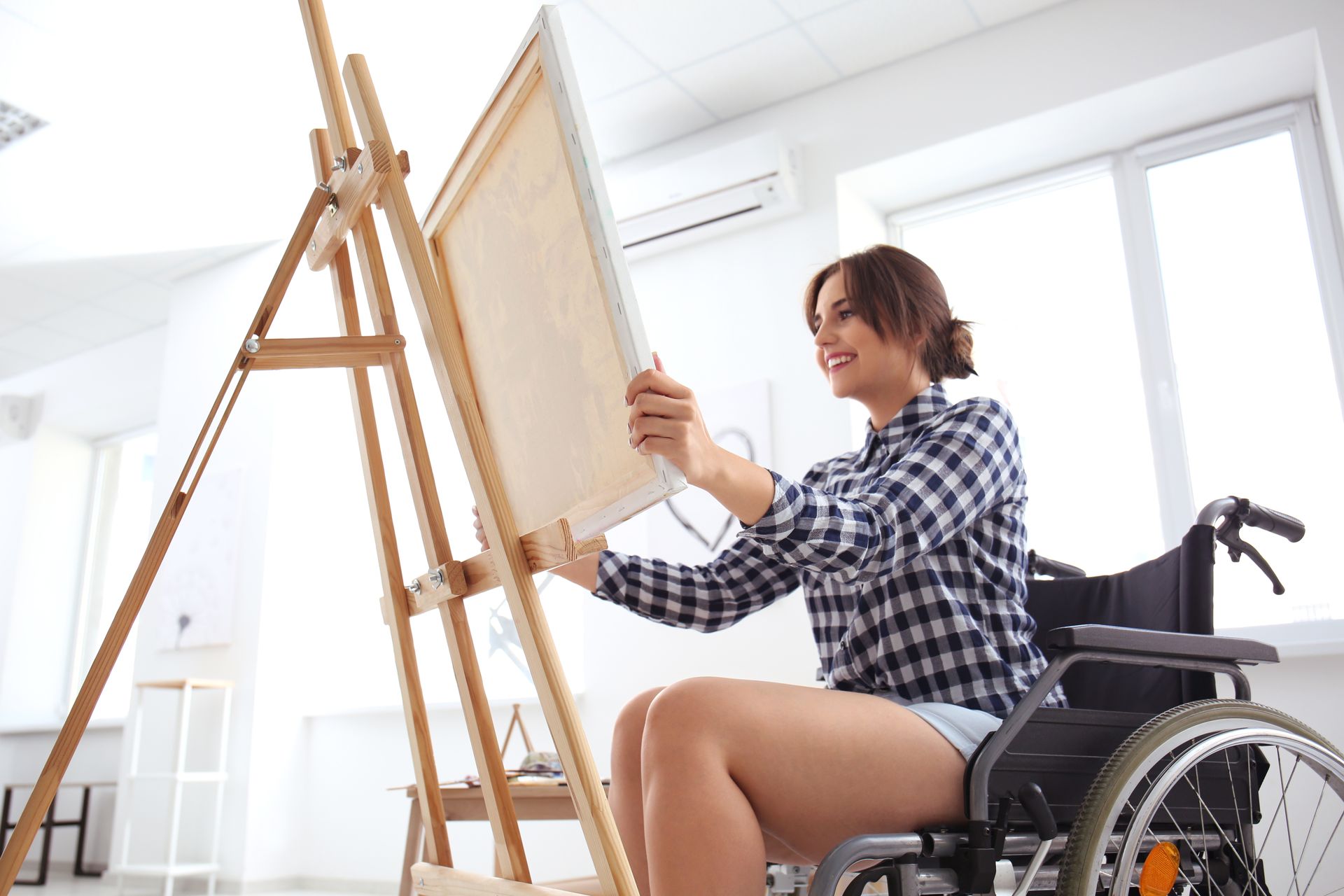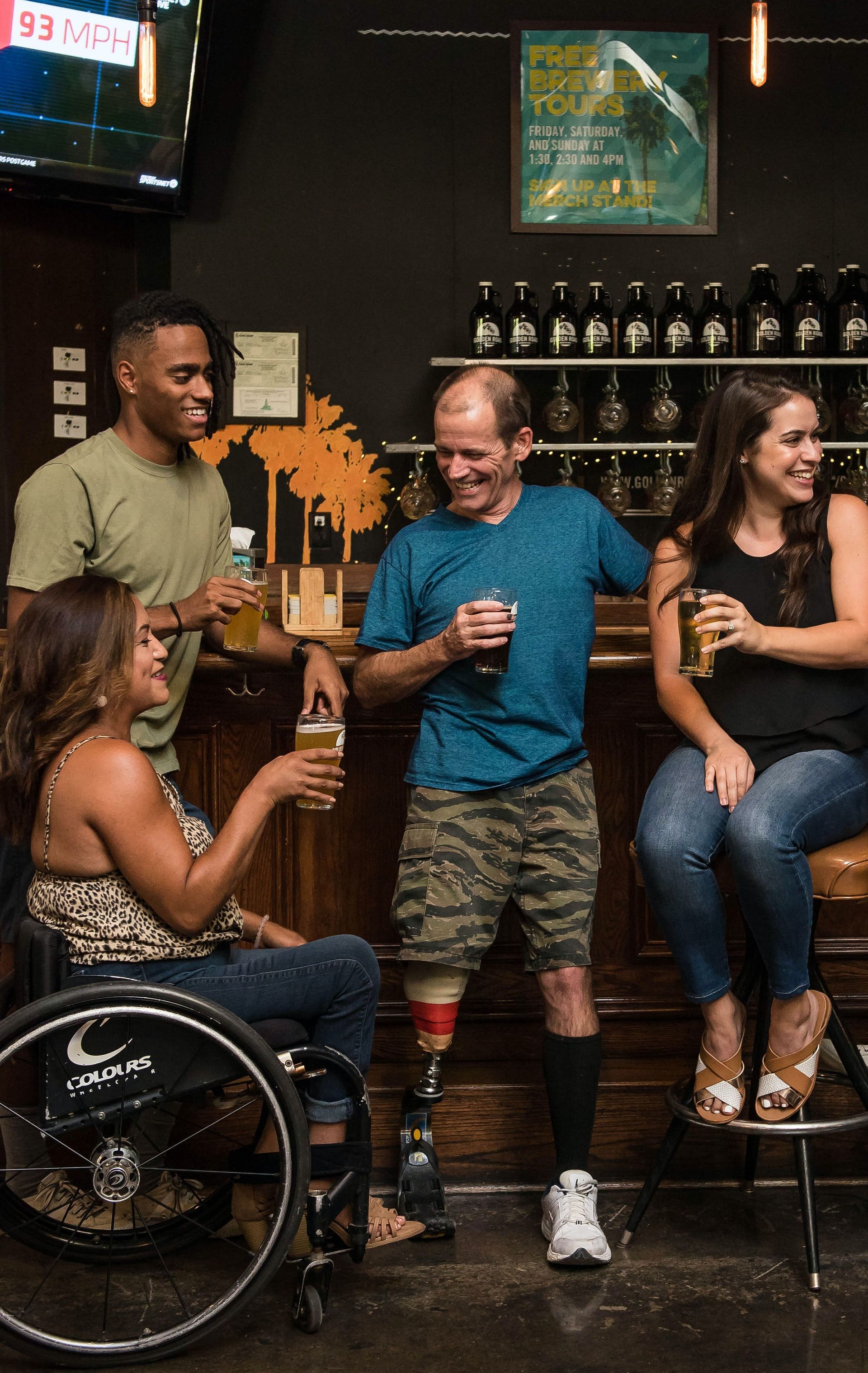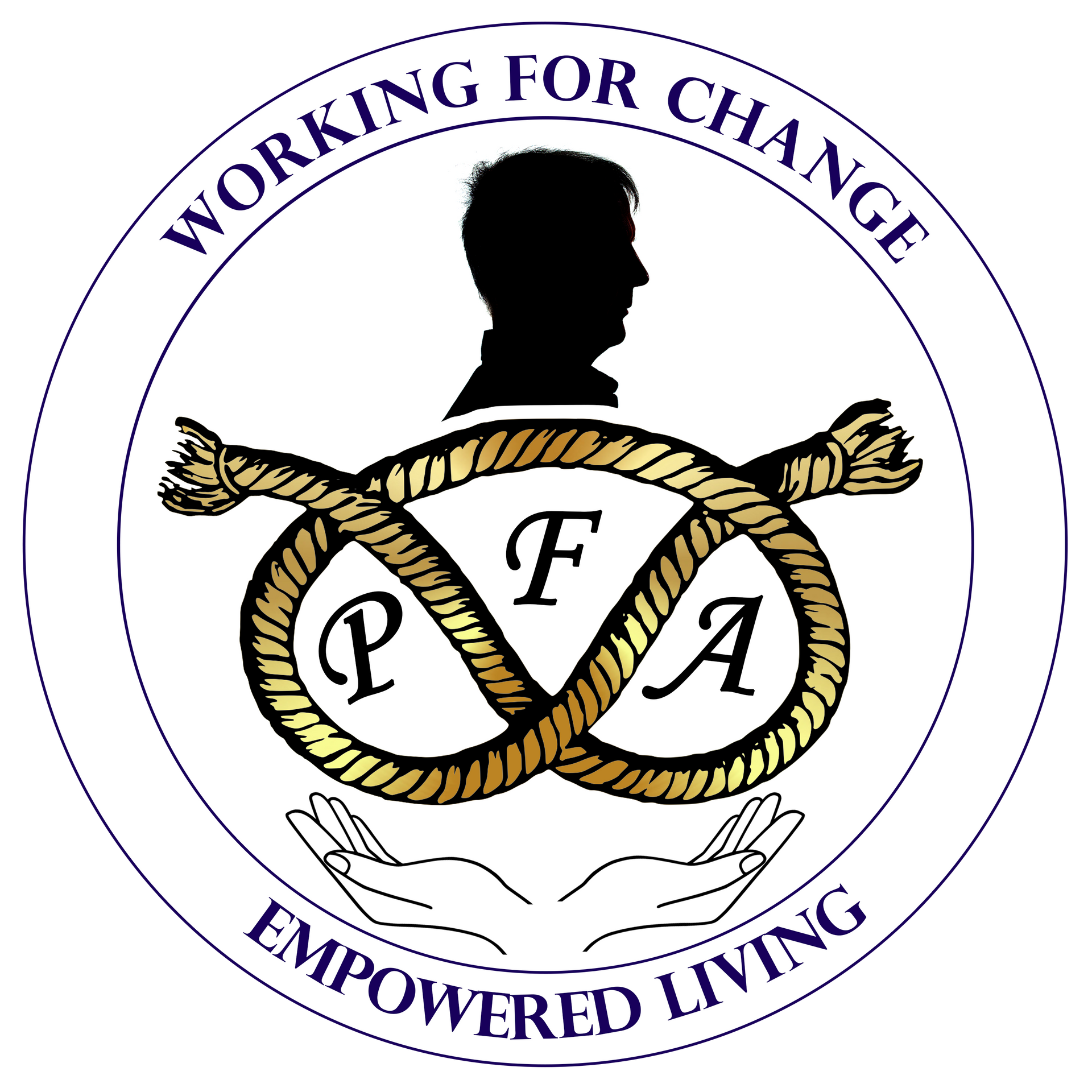Unveiling the Detrimental Impact of Negative Connotations on "Disability"
Challenging Societal Perceptions and Promoting Inclusion
By Philip Francis Anderson, Activist and Podcast Host, Campaigning for Change.
Breaking Chains of Perception: How Negative Connotations of 'Disability' Are Holding Back Individual Potential and What We Can Do About It
Introduction
How do negative connotations surrounding "disability" shape our perceptions and limit the potential of individuals in our society? In a world governed by these preconceived notions, the impact on cultural, psychological, and mental well-being is profound. This blog post aims to shed light on the detrimental effects of negative connotations and advocate for their eradication. By challenging societal perceptions and promoting inclusion, we can foster a society that values diversity, empowers individuals with disabilities, and ensures equal opportunities for all.

Cultural Stigmatisation: A Barrier to Inclusion
Negative connotations contribute to the cultural stigmatisation of individuals with disabilities, perpetuating the belief that they are less capable or abnormal. This stigmatisation results in their exclusion from various social, educational, and employment opportunities. Consider the case of Rebecca, a talented artist with a physical disability, who faced persistent assumptions about her limitations and struggled to find gallery representation. Despite her remarkable talent and unique perspective, Rebecca encountered closed doors and dismissive attitudes from gallery owners and art critics. Their preconceived notions about disability prevented them from truly appreciating her artistic prowess. These experiences highlight the need to address the damaging effects of cultural stigmatisation. By sharing stories like Rebecca's, we can bring awareness to the barriers faced by individuals with disabilities and promote a more inclusive society that recognises and celebrates their talents.
Psychological Impact: Internalisation of Negative Self-Perception
Living in a world influenced by the "dis" in "disability" fosters negative self-perception and self-doubt among individuals. Constant exposure to negative connotations can lead to the internalisation of these beliefs, resulting in a diminished sense of self-worth.
Studies, such as the research conducted by Smith et al. (2020), consistently demonstrate that individuals with disabilities facing higher levels of stigmatisation report lower self-esteem, increased anxiety, and higher rates of depression. The psychological toll of negative connotations is far-reaching and deeply affects an individual's overall well-being. To illustrate, let's consider Rebecca's journey.
Despite her artistic achievements, Rebecca found herself questioning her own abilities and worth due to societal messages that diminished the value of her work based on her disability. Overcoming this internalised negativity required immense strength and resilience. By promoting a positive and empowering outlook, we can challenge negative self-perceptions and foster resilience, self-acceptance, and overall well-being among individuals with disabilities.
Mental Health Consequences: The Toll of Discrimination
The negative connotations associated with "disability" contribute to discrimination and unequal treatment, exacerbating mental health challenges faced by individuals with disabilities. They endure higher rates of bullying, prejudice, and social isolation, resulting in increased vulnerability to mental health disorders. Extensive research conducted by various institutions, including ABC University (2021), consistently demonstrates that individuals with disabilities who experience discrimination based on negative connotations face significantly higher rates of psychological distress and lower levels of life satisfaction. The toll of discrimination on mental health is striking. Rebecca's experience highlights this. She faced not only professional challenges but also personal battles with anxiety and depression.
The constant invalidation of her abilities due to negative connotations took a severe toll on her mental well-being. It is crucial to address systemic issues and create a supportive environment that promotes inclusivity, empathy, and understanding. By removing these negative connotations, we take a significant step towards building a more compassionate and equitable society that supports the mental health and well-being of all individuals.
Addressing Counterarguments: Fostering Dialogue and Understanding
While the removal of negative connotations surrounding "disability" may face objections, it is essential to engage with these perspectives to foster dialogue and understanding. Some may argue that these connotations serve as descriptors rather than stigmatising labels. However, it is crucial to recognise that language shapes perceptions and attitudes. By embracing more inclusive terminology and challenging negative connotations, we create an environment where individuals with disabilities are seen for their abilities rather than their limitations. This shift in language promotes inclusivity, equality, and opportunities for all.

Offering Solutions: Promoting Inclusion and Empowerment
To eliminate negative connotations, we must actively promote inclusion and empower individuals with disabilities. Education plays a critical role in challenging stereotypes and fostering understanding. Schools and educational institutions should incorporate disability awareness programmes, curriculum adaptations, and inclusive policies. Employers can implement diversity initiatives, accessibility accommodations, and inclusive hiring practices. Media and entertainment industries have the power to reshape narratives and portray individuals with disabilities in diverse and empowering roles. By creating an inclusive society that values diversity, we can dismantle the barriers that perpetuate negative connotations.
Engaging with Opposing Views: Encouraging Dialogue and Collaboration
Engaging with opposing views is vital to foster dialogue, challenge assumptions, and find common ground. It is essential to create platforms where individuals with disabilities, advocates, researchers, and society at large can engage in constructive discussions. By understanding and addressing concerns, we can work collaboratively towards a more inclusive and equitable society. Together, we can challenge negative connotations, reshape perceptions, and create a future where individuals with disabilities are fully included and empowered.
Conclusion
The detrimental impact of negative connotations associated with "disability" is undeniable. How can we truly progress as a society if we continue to limit the potential and marginalise individuals based on outdated perceptions? By addressing potential objections, incorporating robust research, and offering solutions, we strive for a society that values diversity, promotes inclusivity, and empowers individuals with disabilities. Let us challenge societal perceptions, celebrate the talents and abilities of every individual, and create a future where no one is limited by negative connotations. Together, we can build a truly inclusive society that embraces the potential of all individuals.
Comments Welcome!
To leave a general comment, feedback about a post, or even recommendations for a topic to cover, please just fill out this form. For those who would prefer to send their comment in using audio, there is the additional option to upload an audio file.
Contact Us
In line with GDPR, only complete this form if you are happy for me to use your answers for the purposes of processing of your request and in all
corresponding communications thereafter. Read my Privacy Policy for more information on how I manage your personal data. This contact form is also protected by reCAPTCHA, a Google system. Google's Privacy Policy and Terms of Service apply and are available to read when using the reCAPTCHA tool.

